On a night in January, Los Angeles city workers locked the public bathrooms at Echo Park Lake. On the surface, this act may seem fairly banal, carried out after the park’s trash bins were emptied and before the grass was mowed in the morning. But to the park’s 60 unhoused residents, this was a demonstration of power by the city’s propertied class. The values that underpin such moves have increasingly calibrated towards a militant reverence of private property, in a trademark tendency of neoliberal policies that have entrenched themselves in all levels of US government since the 1970s. By this logic, an image of the city that lures ever-more real estate development, higher land values and foreign investment is to be protected at all costs.
Two intersecting circumstances can illustrate these class interests at play in LA: Los Angeles has fewer public bathrooms than any major American city, at the same time, it hosts one of the highest houseless populations in the US, per capita. It’s no surprise, then, that the bathrooms at Echo Park Lake stayed locked every night after that evening in January, even as a highly contagious pandemic arrived, as coffee shops and restaurants closed their doors, eliminating bathroom alternatives, and personal hygiene became a matter of life or death.
In May, the community took action. The residents of Echo Park Lake had already been organising with the support of grassroots groups to fight back against relentless encampment sweeps, police raids, and an utter lack of services. The Echo Park Lake community and the Services Not Sweeps coalition had staged a series of community power potlucks and protests against the criminalisation of poverty throughout the spring,
Read the full article on the Failed Architecture
Author: Sasha Plotnikova
Recommended by Floor van Ditzhuyzen

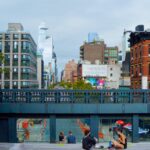
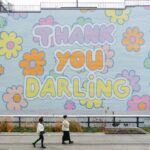
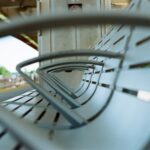
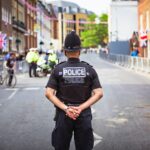
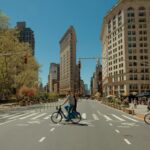
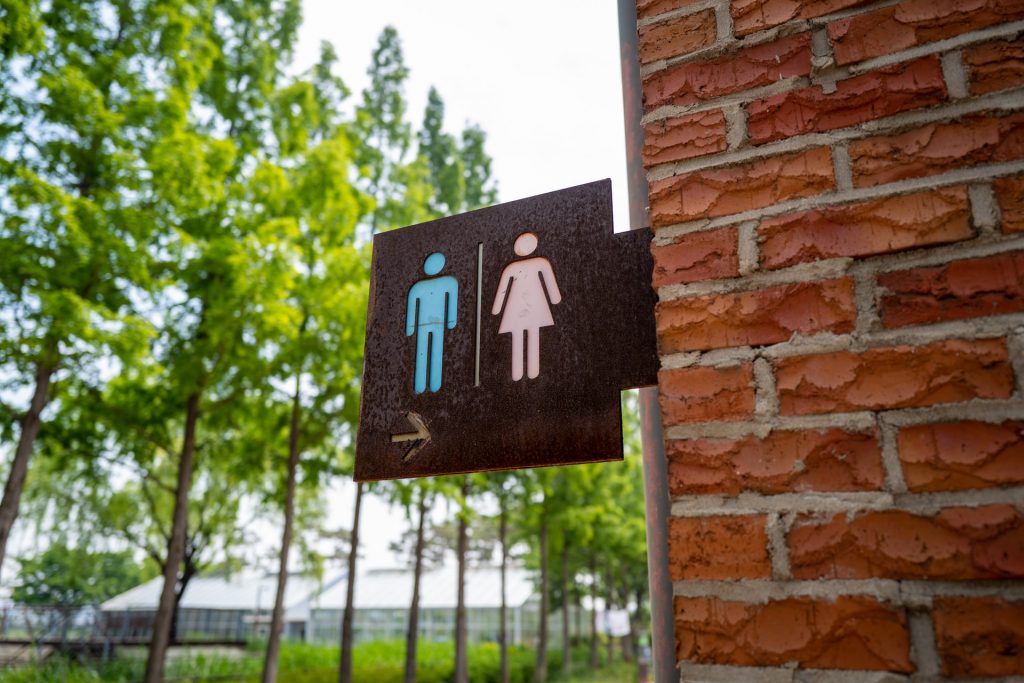
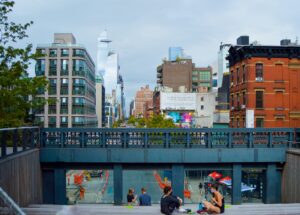
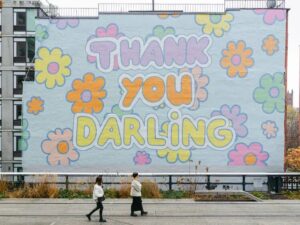
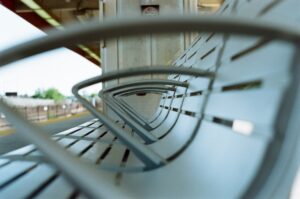
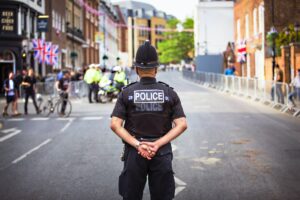
More Stories
The best outdoor art in NYC this winter (2024)
Activists vow to keep installing guerrilla benches at East Bay bus stops
A Blueprint for Public Realm Leadership